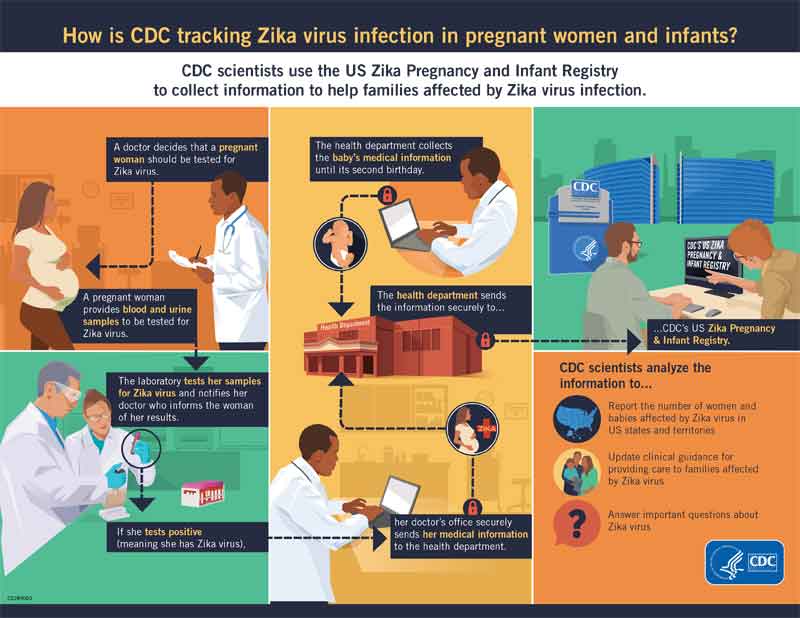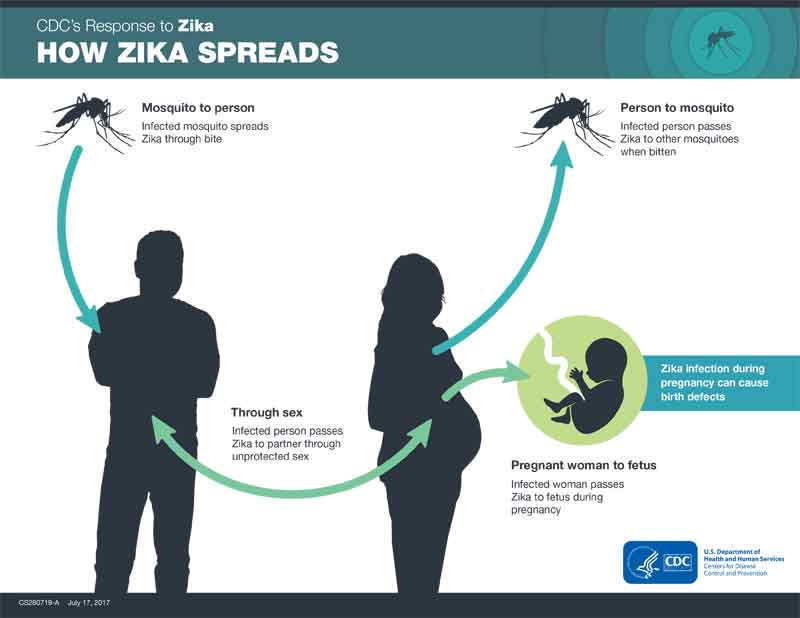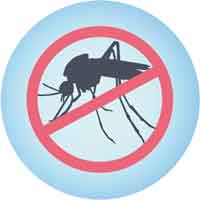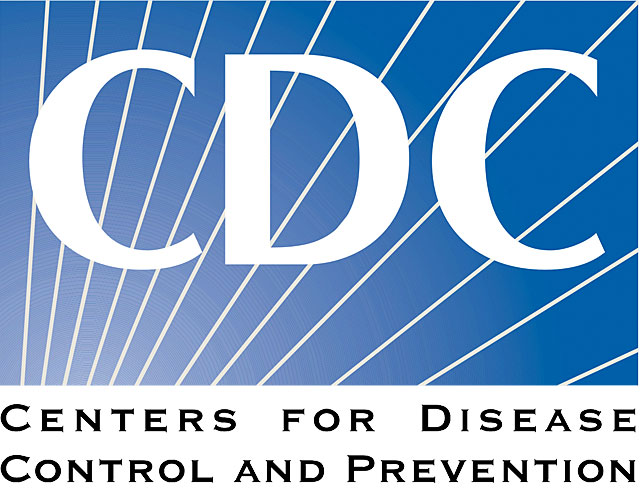
About 1 in 7 babies now 1 year or older who were born to women with Zika virus infection during pregnancy had one or more health problems possibly caused by exposure to the virus before birth, according to the latest Vital Signs report.
Some of these problems were not apparent at birth.
(Zika virus infection (“Zika”) during pregnancy can cause severe health problems in babies such as birth defects, problems with vision and hearing, seizures, and developmental delays. Courtesy of the Centers for Disease Control and Prevention (CDC) and YouTube. Posted on Aug 7, 2018.)
About 4,800 pregnancies from areas with Zika (Puerto Rico, American Samoa, U.S. Virgin Islands, Federated States of Micronesia, Republic of Marshall Islands) in the U.S. Zika Pregnancy and Infant Registry (USZPIR) had a laboratory result showing possible or confirmed Zika virus infection between 2016 and 2018.
From these pregnancies, 1,450 babies were at least 1 year old by February 1, 2018, and had any follow-up care reported to the USZPIR.
Many of these babies did not receive all the recommended screenings for health problems potentially related to Zika virus.
Careful monitoring and evaluation of these children is essential to ensure early detection of possible disabilities and referral to early intervention services.

“We know that Zika virus infection during pregnancy can cause serious health problems in babies, such as birth defects and vision problems, including conditions not always evident at birth,” said CDC Director Robert Redfield, M.D.
“We are still learning about the full range of long-term health problems these babies could face.”
“We thank clinicians for their continued commitment to conduct all necessary tests and evaluations to ensure appropriate care.”

Follow-up evaluation of babies born to women with Zika virus infection during pregnancy
CDC recommends that all babies born to mothers with Zika virus infection during pregnancy receive a variety of screenings and care even if they appear healthy at birth.
CDC scientists analyzed the most current data reported to the USZPIR to examine the follow-up care of these babies.
Data reported for Puerto Rico, American Samoa, U.S. Virgin Islands, Federated States of Micronesia, and Republic of the Marshall Islands showed opportunities for improvement in the screening and care these babies receive.
For example, among the 1,450 babies included in the analysis, while 95 percent were reported to have had at least one physical examination after two weeks of age, only 36 percent were reported to have received the recommended eye exam by an eye specialist.
Following the recommended screenings and care for these babies is important for more complete identification of health problems and timely referral to services.

Zika is still a threat
Zika virus is still a risk for pregnant women and their babies.
In addition to the 4,800 pregnancies in the U.S. territories and freely associated states, nearly 2,500 pregnancies in U.S. states Zika virus infection; most infections occurred during travel.
Zika virus can be transmitted from the bite of an infected mosquito, from a pregnant woman to her developing baby, through sex, and through blood transfusion.
(Zika is still a problem in many countries and causes serious birth defects. Guys: Learn how to protect the ones you love if you travel to an area with risk to Zika. https://go.usa.gov/xRwCr. Courtesy of the Centers for Disease Control and Prevention (CDC) and YouTube. Posted on Aug 22, 2017.)
Most of the cases in the U.S. states resulted from mosquito bites during travel to areas with risk of Zika.
There are currently no areas with local mosquito-borne Zika virus transmission in the continental United States.
Though transmission has declined around the world, Zika virus continues to spread at low levels in many areas, and nearly 100 countries and territories are areas with risk of Zika.
For this reason, CDC continues to urge pregnant women not to travel to areas with risk of Zika and recommends that men and women who travel to an area with risk of Zika wait before trying to conceive.
Pregnant Women Should Not Travel to an Area with Risk of Zika

- Pregnant women should not travel to areas with risk of Zika (i.e., with documented or likely Zika virus transmission).
- In 2018, no local mosquito-borne Zika virus transmission has been reported in the continental United States.
What to Do If You Live In or Travel to an Area with Risk of Zika
If you live in or must travel to one of these areas, talk to your doctor or other healthcare provider first and strictly follow steps to prevent mosquito bites and practice safe sex.

During travel or while living in an area with risk of Zika
- Take steps to prevent mosquito bites.
- Take steps to prevent getting Zika through sex by using condoms from start to finish every time you have sex (oral, vaginal, or anal) or by not having sex during your entire pregnancy.
After travel
- Talk to a doctor or other healthcare provider after travel to an area with risk of Zika.
- If you develop a fever with a rash, headache, joint pain, red eyes, or muscle pain talk to your doctor immediately and tell him or her about your travel.
- Take steps to prevent mosquito bites for 3 weeks after returning.
- Take steps to prevent passing Zika through sex by using condoms from start to finish every time you have sex (oral, vaginal, or anal) or by not having sex.
(Zika can be scary, but you can take steps to protect yourself, your family and your community from the spread of Zika virus. COVER and REPEL, REMOVE COLLECTED WATER, KEEP MOSQUITOES OUT OF YOUR HOME, and if you’re Pregnant and have Sex, USE CONDOMS ALL of these actions are necessary. Repeated as recommended, these steps will help protect yourself, your family and your community from getting Zika. Courtesy of the Centers for Disease Control and Prevention (CDC) and YouTube. Posted on May 5, 2016.)
Zika Testing for Pregnant Women
| Traveled to an area with risk of Zika or had sex with a partner who lived in or traveled to one of these areas |
|
| Live in or frequently travel (daily or weekly) to an area with risk of Zika |
|
Risk of Zika Infection on Future Pregnancies

Based on the available evidence, we think that Zika virus infection in a woman who is not pregnant would not pose a risk for birth defects in future pregnancies after the virus has cleared from her blood.
From what we know about similar infections, once a person has been infected with Zika virus, he or she is likely to be protected from a future Zika infection.
If you’re thinking about having a baby in the near future and you or your partner live in or traveled to an area with risk of Zika, talk with your doctor or other healthcare provider.
See Women & Their Partners Trying to Become Pregnant.
CDC releases updated guidance for timing of pregnancy after Zika exposure
This issue of CDC’s Morbidity Mortality Weekly Report also includes updated CDC guidance for couples planning to become pregnant after possible exposure to Zika virus.

CDC now recommends that men with possible Zika virus exposure who are planning to conceive with their partner wait at least 3 months after symptoms or possible exposure (travel to or residence in an area with risk of Zika).
This shortened timeframe also applies for men who are not planning to conceive with their partners but who want to prevent passing of Zika virus through sex.
These updated recommendations are based on emerging data, which suggest that risk of infectious Zika virus in semen appears to decline substantially during the 3 months after onset of symptoms.
All other Zika guidance remains unchanged.
Men with possible Zika virus exposure whose partner is pregnant should use condoms or the couple should not have sex for the entire pregnancy to reduce the risk of transmission.
(Protect yourself, your family, and your community from Zika. Remembers, if you’re pregnant and have sex, USE CONDOMS. Courtesy of the Centers for Disease Control and Prevention (CDC) and YouTube. Posted on May 23, 2016.)
What Men Can Do to Stop the Spread of Zika During and After Travel
- If you have a pregnant partner, she should not travel to areas with risk of Zika. See more information on precautions pregnant women should take.
- If you and your partner are planning a pregnancy, talk to your doctor or other healthcare provider before traveling to areas with risk of Zika.
- Because you can be infected and spread Zika to others without knowing it, it is important to take precautions even if you don’t have symptoms.
- There is no specific medicine or vaccine for Zika. But there are steps you can take to prevent Zika.
If You Travel to an Area with Risk of Zika
There are two key steps you should take to prevent Zika.
1. Prevent Mosquito Bites During Travel and for 3 weeks After Your Return

Even if you don’t have symptoms
- Preventing mosquito bites while traveling will lower your chances of getting Zika from infected mosquitoes.
- Preventing mosquito bites after you return will lower your chances of spreading Zika to mosquitoes back home. Local mosquitoes can get infected from biting you, then bite other people and spread Zika to them.
2. Use Condoms (or Don’t Have Sex) During and After Travel

This will prevent spreading Zika through sex.
The period of time during which you should use condoms after travel depends on your situation:
Men with Pregnant Partners
Use condoms or don’t have sex for the entire pregnancy
- After travel to an area with risk of Zika, use condoms every time you have sex for the entire pregnancy. To be effective, condoms should be used from start to finish, every time during vaginal, anal, and oral sex.
- Not having sex eliminates the risk of sexually transmitting Zika to your partner. It is important to help protect your partner throughout her pregnancy because:
- You may have been infected with Zika and not know it, since it often does not cause symptoms.
- There is no available test to know if you have Zika in your semen or how likely you are to pass Zika through sex. Zika can stay in your semen and may be passed to your partner (and the fetus) for months after infection, even if you have no symptoms.
- Zika infection during pregnancy can cause serious birth defects.
- Pregnancy and Zika
(Four steps you can take to reduce the spread of Zika and reasons why you should take them. Courtesy of the Centers for Disease Control and Prevention (CDC) and YouTube. Posted on Jun 21, 2017.)
Men Planning Pregnancy with Their Partners
Wait at least 3 months before trying to conceive
- After travel to an area with risk of Zika, wait at least 3 months after you return, or after symptoms start (if you develop symptoms), before trying to conceive with your partner.
- During this time, use condoms to help protect your partner from getting Zika through sex.
- Protect your partner so she can have a healthy pregnancy
- You may have been infected with Zika and not know it, since it often does not cause symptoms.
- There is no available test to know if you have Zika in your semen or how likely you are to pass Zika through sex. Zika can stay in your semen and may be passed to your partner (and the fetus) for months after infection, even if you have no symptoms.
- If your partner becomes pregnant and infected with Zika, it can cause serious birth defects.
Men Who Are Not Concerned About Pregnancy
Consider using condoms or not having sex for at least 3 months
- The 3-month period should start when you return from travel or after symptoms start, if you develop symptoms.
- This will help protect your partner from getting Zika through sex if you’re infected and don’t know it. Condoms are the only method for preventing both pregnancy and the spread of Zika.
- If you or your partner has symptoms of Zika or have concerns, talk to a doctor or other healthcare provider.
CDC continues to evaluate all available evidence and will continue to update recommendations as new information becomes available.
Additional rResources:
For more information about Zika virus and pregnancy visit https://www.cdc.gov/pregnancy/zika/.
For more information about CDC’s guidance on care of infants and children born to mothers with possible Zika virus infections during pregnancy visit https://www.cdc.gov/pregnancy/zika/testing-follow-up/infants-children.html.
For resources and tools to help track your child’s development visit https://www.cdc.gov/ncbddd/actearly/milestones/.
For information on CDC’s guidance for women and their partners trying to become pregnant after possible Zika virus exposure, visit https://www.cdc.gov/pregnancy/zika/women-and-their-partners.html.U.S.
 CDC works 24/7 protecting America’s health, safety and security.
CDC works 24/7 protecting America’s health, safety and security.
Whether disease start at home or abroad, are curable or preventable, chronic or acute, or from human activity or deliberate attack, CDC responds to America’s most pressing health threats.
CDC is headquartered in Atlanta and has experts located throughout the United States and the world.
For more information on the effectiveness of condoms, please see https://bedbible.com/how-often-do-condoms-break-statistics/.
















